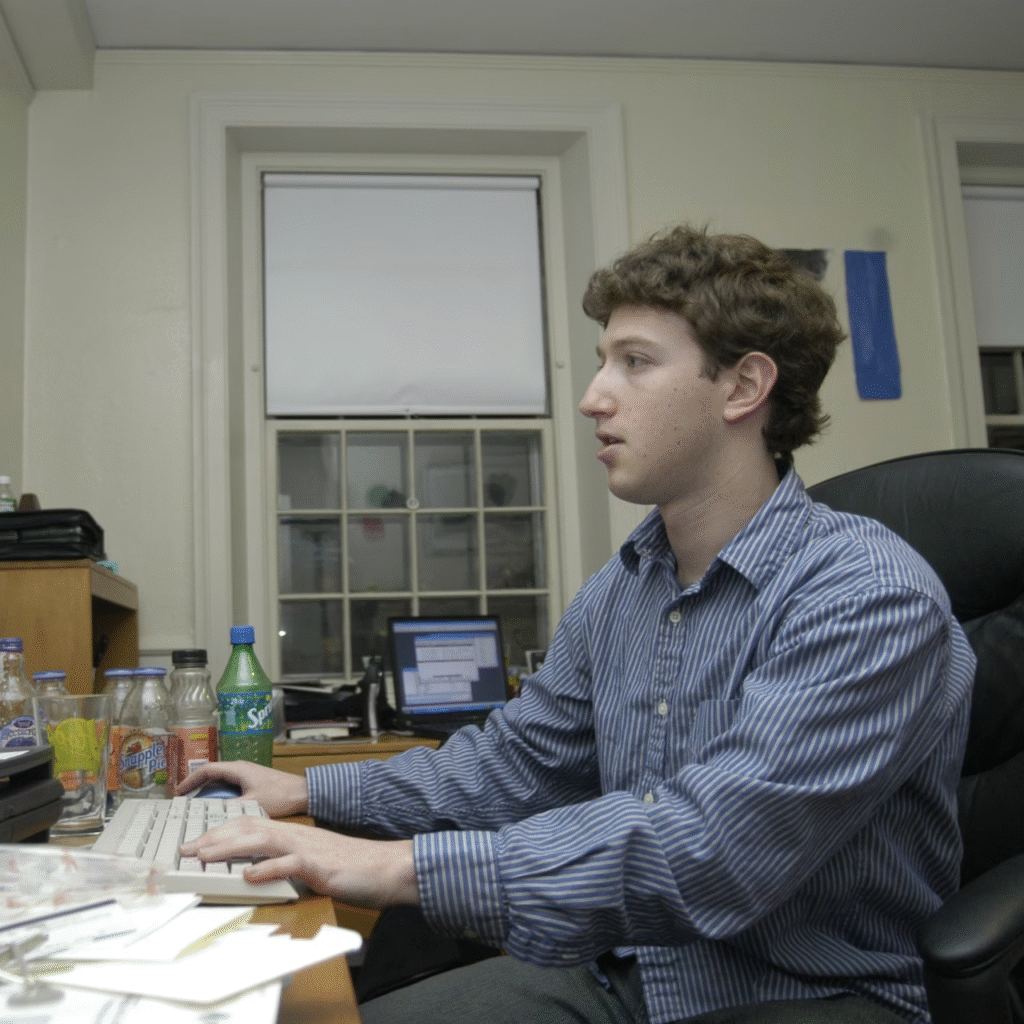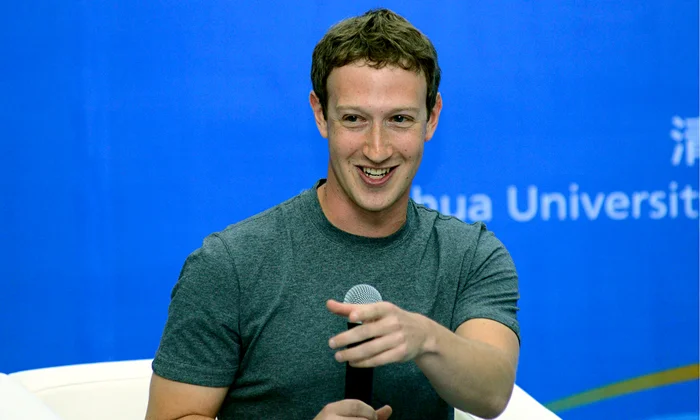In the annals of modern business, few stories are as iconic or as debated as that of Mark Zuckerberg. He is not just the founder of a company; he is the architect of a digital ecosystem that has fundamentally reshaped how nearly three billion people communicate, share information, and perceive the world. His journey from a Harvard dorm room to the helm of a tech behemoth is a tale of visionary coding, relentless scaling, and navigating the immense complexities that come with connecting humanity. Zuckerberg’s legacy is a double-edged sword: he built the world’s most powerful social network, yet he also became the face of its most profound controversies.

The internet was ripe for a dedicated, university-based social directory. Zuckerberg, a psychology and computer science student, had already built several small-scale social projects like CourseMatch and Facemash. These were experiments in leveraging university data to create connection.
The original “TheFacebook” was a clean, elegant, and exclusive solution to a specific need: mapping Harvard’s social landscape online. Its explosive growth across Ivy League campuses and then globally was fueled by a powerful combination of a real-identity policy (a stark contrast to the anonymity of competitors like MySpace) and a relentless focus on utility—seeing classmates, courses, and social circles. It wasn’t just about fun; it was about function. This initial value proposition of trust and utility was the rocket fuel that launched the platform. He understood that in the nascent world of social media, network effects were everything. His playbook involved two key tactics:

1. Strategic Acquisition:Seeing a potential threat or a parallel innovation, he would move to acquire it. He didn’t just eliminate competitors; he incorporated their user bases and functionalities into the Meta ecosystem, creating a defensive moat of unprecedented scale.
2. Relentless Adaptation: Features like the News Feed, initially met with user revolt, were pushed forward because Zuckerberg understood they increased engagement. He consistently copied popular features from rivals—most notably from Snapchat (Stories) and TikTok (Reels)—to ensure his platforms remained relevant and sticky. This pragmatic, sometimes controversial, approach to innovation kept Facebook at the center of social interaction for over a decade. He rebranded Facebook Inc. to Meta Platforms Inc., signaling a full-scale commitment to building the “metaverse”—a persistent, immersive virtual world he believes is the next evolution of the internet.
This pivot was a strategic acknowledgment of several factors: the brand toxicity of the “Facebook” name following years of scandal, the plateauing growth of the core app in key markets, and the existential threat posed by new, immersive platforms. It is a long-term, high-risk, capital-intensive gamble, investing tens of billions annually into virtual reality (VR) and augmented reality (AR) technology. He evolved from a hoodie-wearing wunderkind to a CEO perpetually in the hot seat of congressional hearings. Facebook, now Meta, has faced intense global scrutiny over its role in:

Data Privacy:Most notably, the Cambridge Analytica scandal.
Misinformation: The spread of false news and its impact on elections and public health.
Social Harm: Questions about the platform’s impact on mental health, particularly among teens.
Zuckerberg’s leadership during these crises has often been characterized by a product-focused, algorithmic approach to complex human problems, a stance that has frequently drawn criticism from lawmakers, regulators, and the public. This fortune is a direct measure of the immense economic value created by building the world’s largest social network and its ancillary apps. His compensation is famously $1 per year, aligning his personal wealth entirely with the long-term performance of the company’s stock.
Mark Zuckerberg’s story is still being written. He is a defining figure of the 21st century—a connector who gave the world a powerful tool for communication and now faces the monumental task of managing the consequences of that connection. His legacy will ultimately be judged not just by the code he wrote or the wealth he created, but by how he steers his creation through the uncharted and turbulent waters of global society’s relationship with technology.

